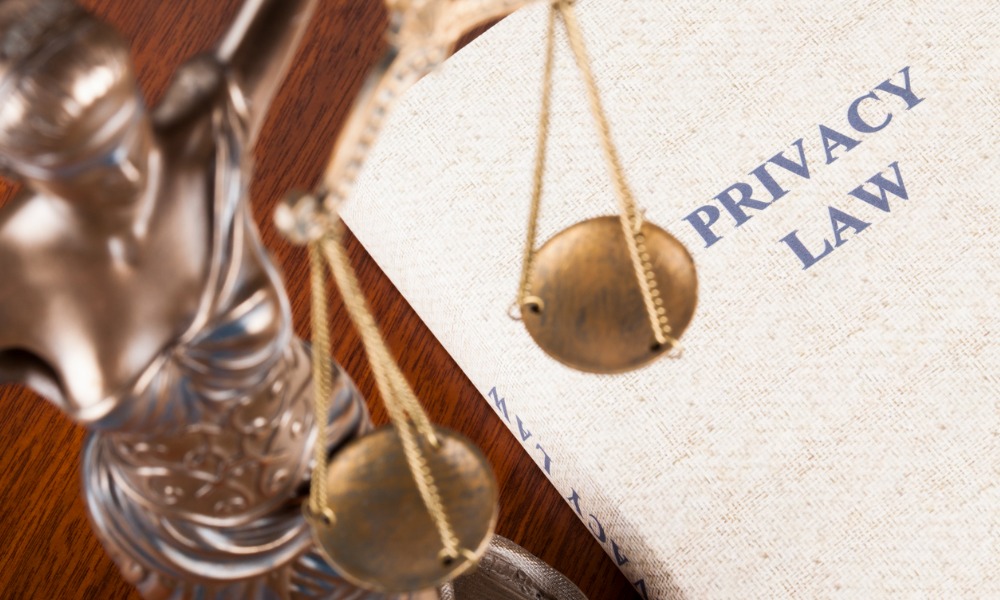
The court found that the case did not raise a seriously arguable point of law

The Court of Appeal has denied an application for special leave to appeal a High Court decision rejecting a claim for damages related to breaches of the Privacy Act 1993.
In 2015, Kim Dotcom made 52 information requests under the Privacy Act directed at various government ministers and agencies. These requests were transferred to the Attorney-General’s office, a move he contended breached his privacy. The tribunal initially found the transfers unlawful but declined to award damages. Dotcom appealed to the High Court, which upheld the tribunal’s decision, leading him to seek special leave to appeal to the Court of Appeal.
Dotcom argued that the unlawful withholding of information resulted in a loss of benefit, particularly its potential use in his ongoing extradition proceedings to the United States. He claimed the information sought was crucial for his defence in the extradition hearings. The High Court, however, found that Dotcom had not demonstrated that the requested information would have affected the outcome of his extradition case. The court noted that Dotcom eventually received the information but failed to show how beneficial it would have been during the proceedings.
The Court of Appeal's judgment focused on two main questions: whether the mere withholding of information constituted a loss of benefit under the Privacy Act and whether Dotcom needed to demonstrate the relevance of the information to his extradition case to claim damages. The court concluded that Dotcom’s application did not raise a seriously arguable point of law. The court held that a claimant must prove a tangible loss of benefit resulting from privacy breaches to be eligible for damages. It found that Dotcom’s argument, suggesting any interference with privacy automatically warranted damages, was not tenable.
The court also emphasised its role in clarifying the law rather than correcting errors already addressed in multiple rulings. It was noted that the specifics of Dotcom’s case did not present broader legal significance that warranted further pursuit. Consequently, the application for special leave to appeal was declined. The court ordered Dotcom to pay costs to the respondents.